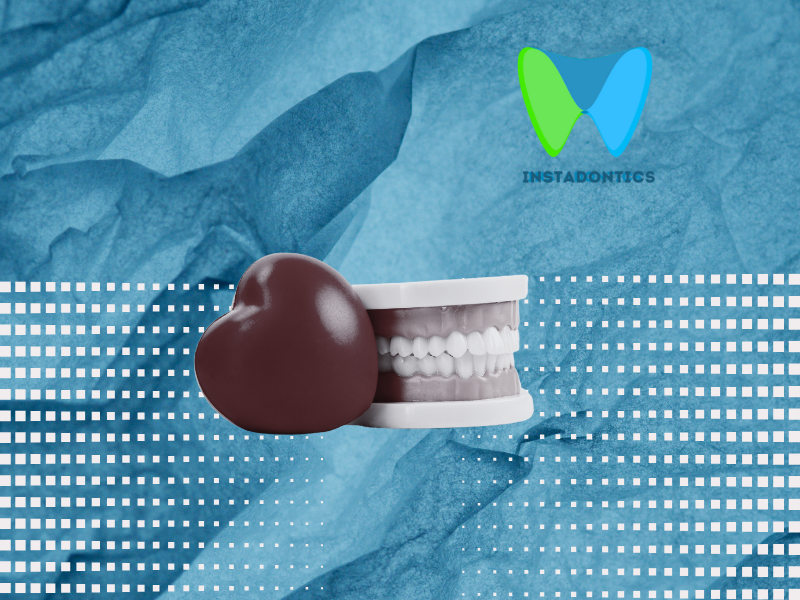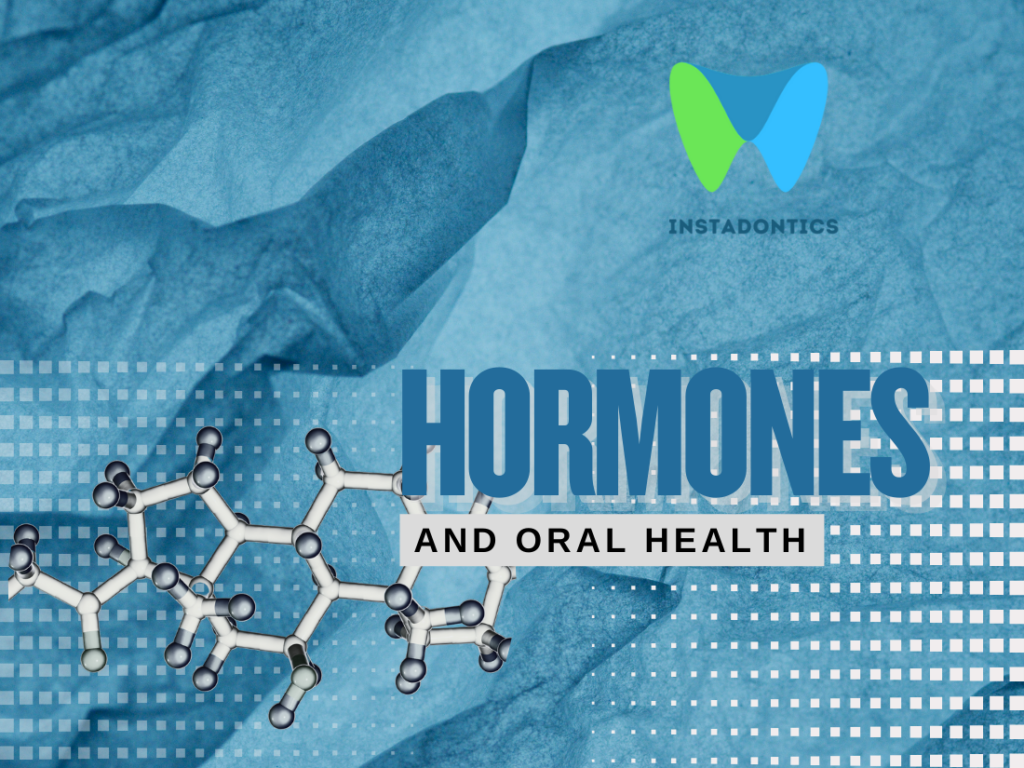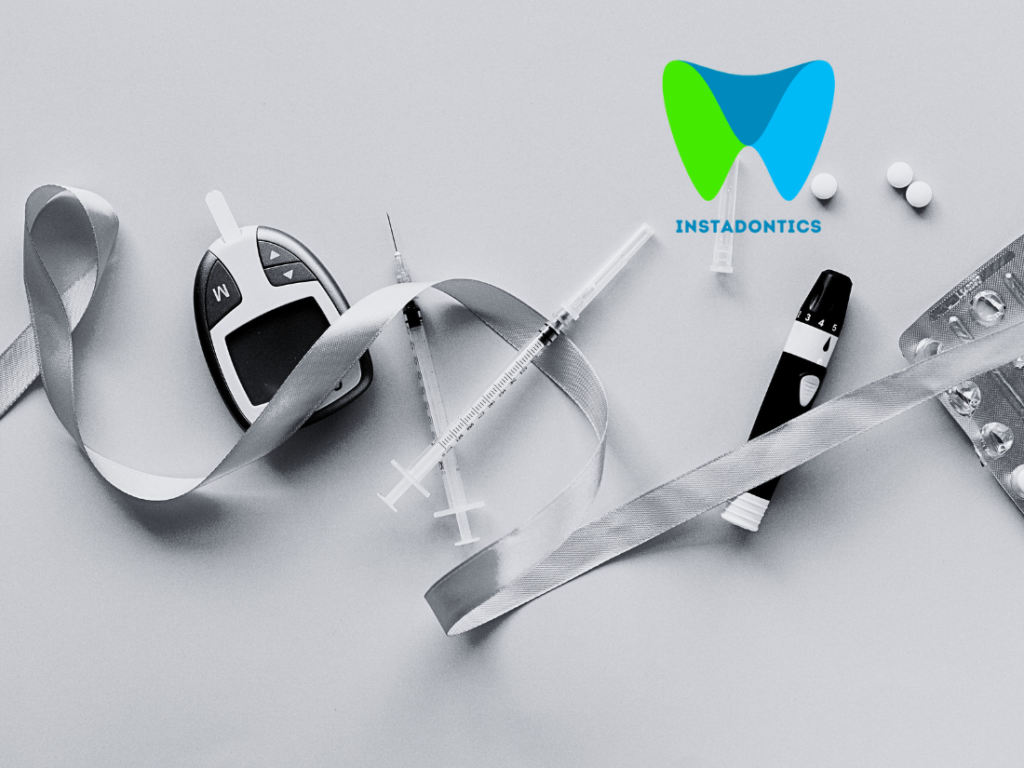Diet and Oral Health |The intricate relationship between diet and oral health is a cornerstone of both dental and nutritional sciences, showcasing a dynamic interplay where food choices can significantly influence the health of our teeth and gums. This association goes beyond the simplistic axiom of “sugar causes cavities,” delving into a nuanced understanding of how various nutrients, or their absence, can affect oral health. A balanced diet provides the essential vitamins and minerals that strengthen and protect our oral structures, whereas a diet high in certain detrimental substances can accelerate tooth decay, gum disease, and other oral health issues.
The mouth is the gateway through which nutrients enter the body, and it’s also the initial site where various nutritional deficiencies or excesses can manifest. Enamel, the hardest substance in the human body, protects our teeth but isn’t impervious to attack by acids produced from the fermentation of sugars by oral bacteria. Saliva, nature’s own cleansing agent, can help counteract this acidic environment to some extent, yet its efficacy is directly affected by our state of hydration and nutritional status.
Similarly, the gums that support our teeth require adequate nutrition to stay healthy and resilient against infections such as gingivitis and the more severe periodontitis. The progression and severity of these conditions are not only influenced by oral hygiene practices but are also significantly affected by dietary habits. For instance, deficiencies in vitamins C and D, calcium, and phosphorous can impair the body’s ability to maintain and repair gum tissue and bone.
Moreover, the modern diet, rich in refined sugars and acidic beverages, poses a continuous threat to oral health by providing the ideal conditions for tooth decay and erosion. Contrary to this, a diet emphasizing whole foods, rich in fiber, vitamins, minerals, and water, supports salivary flow and helps to mechanically clean the teeth and gums, reducing the risk of dental problems.
The interconnectivity of diet and oral health extends into how systemic diseases related to poor dietary habits, such as diabetes, can further complicate oral health, creating a cycle of health deterioration that spans the body and mouth. Therefore, an in-depth exploration of this relationship not only illuminates the direct impact of diet on oral health but also underscores the importance of holistic health approaches that integrate dietary management as a fundamental component of dental care and overall well-being.
Diet and Oral Health | Beneficial Foods for Oral Health
1. Calcium-Rich Foods
- Examples: Milk, cheese, yogurt, tofu, and almonds.
- Benefits: Calcium strengthens bones and teeth. Dairy products can also help neutralize acid in the mouth, reducing the risk of tooth decay.
2. Phosphorus-Sources
- Examples: Fish, eggs, lean meat.
- Benefits: Phosphorus plays a crucial role in dental health by supporting calcium in building strong bones and teeth.
3. Crunchy Fruits and Vegetables
- Examples: Apples, carrots, celery.
- Benefits: High fiber content stimulates saliva flow, which is a natural defence against cavities. They also help clean the teeth and gums.
4. Foods High in Vitamin C
- Examples: Oranges, kiwis, strawberries, bell peppers.
- Benefits: Vitamin C strengthens the gums and soft tissue in the mouth. It can protect against gingivitis, the early stage of gum disease, and can prevent your teeth from loosening.
5. Foods with Vitamin D
- Examples: Fish, egg yolks, fortified foods like milk and cereal.
- Benefits: Vitamin D helps the body absorb calcium and phosphate from the food you eat, which in turn helps your teeth.
6. Water
- Benefits: Fluoridated water helps strengthen teeth. Drinking water after meals can also help wash away leftover food and dilute acids produced by bacteria in your mouth.
Diet and Oral Health | Harmful Foods for Oral Health
1. Sugary Foods and Beverages
- Examples: Candy, soda, fruit juices with added sugars.
- Consequences: Sugar feeds bacteria in your mouth, leading to the production of acids that cause tooth decay.
2. Sticky Foods
- Examples: Dried fruit, high-sugar sports bars.
- Consequences: These can adhere to teeth and stay there longer than other types of food, increasing the risk for tooth decay.
3. Acidic Foods and Drinks
- Examples: Citrus fruits, tomatoes, soda (even diet), wine.
- Consequences: Acidic foods can erode tooth enamel, making teeth more vulnerable to decay.
4. Hard Foods
- Examples: Ice, hard candy.
- Consequences: Chewing on hard substances can lead to tooth fractures or damaged dental work.
5. Alcohol
- Consequences: Alcohol consumption can dry out the mouth, reducing saliva flow that helps protect teeth and gums from bacteria.
The connection between diet and oral health is significant. A diet consisting of nutrient-rich foods can lead to stronger teeth and healthier gums, reducing the risk of gum disease and tooth decay. Conversely, a diet high in sugars, acids, or hard substances can increase the risk of oral health problems. Maintaining a balanced diet and practicing consistent oral hygiene are fundamental steps toward optimal dental health.
More from Instadontics.com



